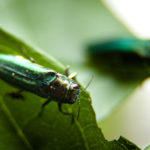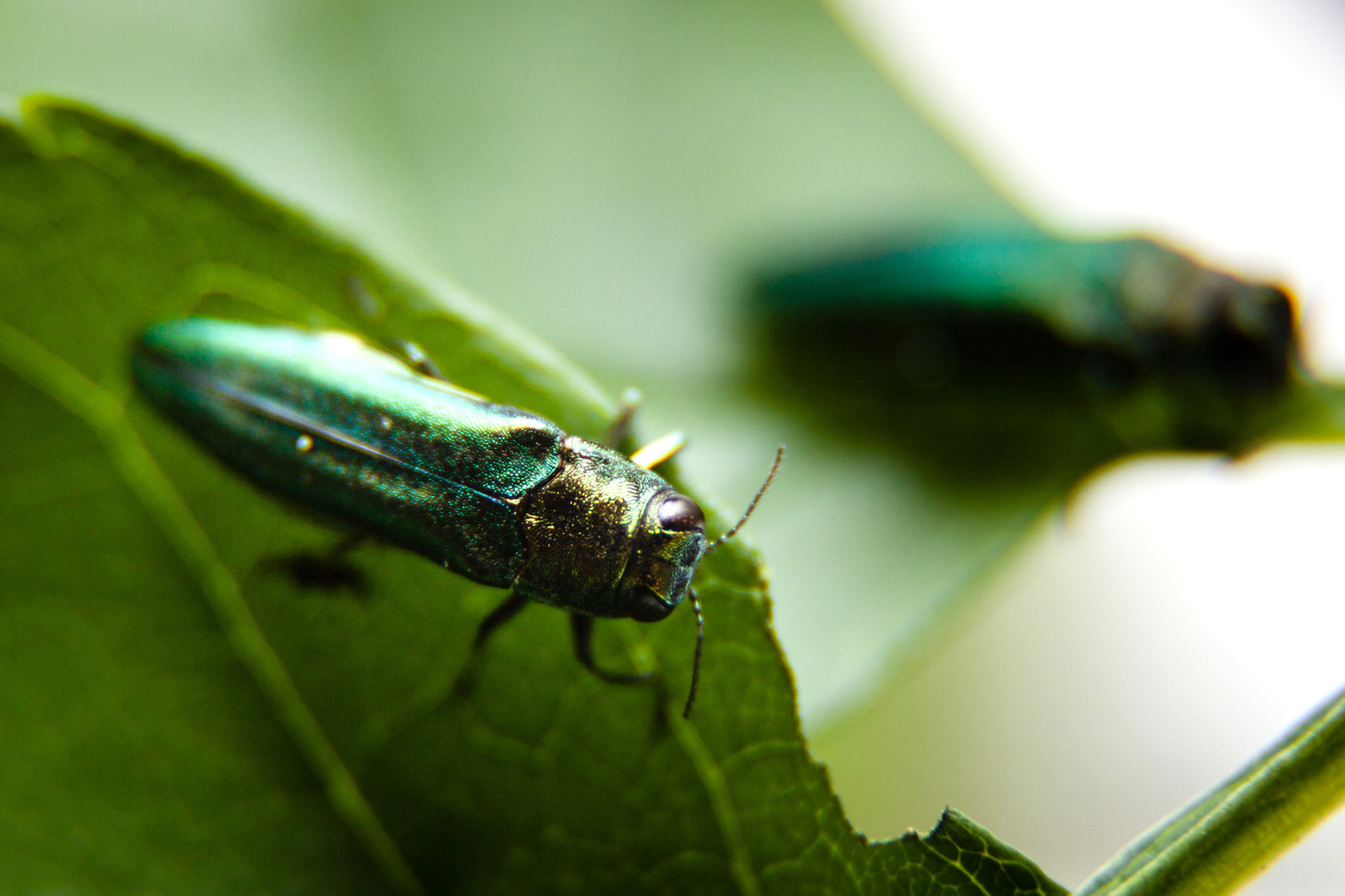
By Bruce Aguilar
Invasive species are organisms that severely damage local ecosystems. One example is the gypsy moth caterpillar, introduced in 1869 by one Professor E. L. Trouvelot in an attempt to breed a hardy silkworm. Some insects escaped and were soon established in a vacant lot next to his home in Medford, Mass. These caterpillars have defoliated millions of acres of northeast woodlands.
Another is the Asian bittersweet vine, introduced as an ornamental plant in 1879. It smothers the understory of forests and climbs mature trees to outcompete them for light, eventually strangling them or becoming heavy enough to topple them. (See “Belmont’s Invasive Plants: Asian Bittersweet,” Belmont Citizens Forum Newsletter, May/June 2021.) Invasive species have been introduced that are able to monopolize local habitat, destroying the biological diversity that evolved over thousands of years into a stable, healthy ecosystem.
Of the 2,300 native and naturalized plant species in Massachusetts, the Massachusetts Invasive Plant Advisory Group estimates that 69 are either invasive, likely invasive, or potentially invasive. The state prohibits importing, propagating, and selling invasive plants. Unfortunately, the existing populations are well-established and continue to spread vigorously in the absence of natural predators or human management to keep them in check.
An Act Responding To The Threat Of Invasive Species (House 999/Senate 563) is a Massachusetts state bill sponsored by Senator Patricia Jehlen and Representative David Rogers. The bill aims to create an office staffed by a state coordinator to be a central resource for municipalities, nonprofits, and state agencies to coordinate research and supply human and financial resources to wage campaigns against invasive species.
A key feature of this bill will be to identify funding for remediation efforts. The Groton Conservation Commission told the Massachusetts Rivers Alliance, “Educational resources, coordination with the state and other town bodies, and access to training would be helpful from an invasive species state coordinator. Anything that could help [a town] do their job more easily without billing the town.” Otherwise, “without sound educational resources, landowners may pursue invasive species eradication methods that are unnecessarily expensive, laborious, and toxic, or delay action that allows infestations to get worse,” said Katharine Lange, policy expert for the nonprofit Mass Rivers Alliance.
The Mass Rivers Alliance worked with the office of Representative Rogers to co-sponsor this bill in the House, alongside Senator Jehlen’s sponsorship. Kira Arnott, Representative Rogers’ chief of staff, said that Rogers had been approached by the town of Belmont regarding the danger posed by weakened ash trees currently being attacked by an unstoppable beetle from Asia, the emerald ash borer. Ash trees are very popular street trees across Belmont, and removal is becoming increasingly expensive. Rogers was able to secure $80,000 in the FY2020 budget for Belmont to use for ash tree removal.
The current proposed invasive species bill has had a public hearing before the Joint Committee on Environment, Natural Resources, and Agriculture in December 2021. More good news came on February 3, when the committee reported favorably on the bill.
We will find out by the end of July 2022, when the legislative session ends, whether the bill passes through the Ways and Means Committee and goes up for a vote in both the House and Senate. It competes with hundreds of other bills for attention, as Ways and Means also works on producing the state budget. Otherwise, the bill dies and will need to be reintroduced in the next legislative session that begins in January 2023.
Will Massachusetts get a dedicated state office and coordinator to coordinate information and help groups get the money they need to effectively fight invasive plants, insects, and animals which are impoverishing our native ecosystem? Katharine Lange told me that public support in the next few months is the key to passage of the “Act Responding to the Threat of Invasive Species” and urges anyone interested in protecting the biodiversity of our healthy ecosystems to contact their own legislators as well as members of the Ways and Means Committee.
Bruce Aguilar is a Belmont resident, an interfaith chaplain, and the spiritual care director for Spaulding Rehabilitation Network.



Sorry, the comment form is closed at this time.